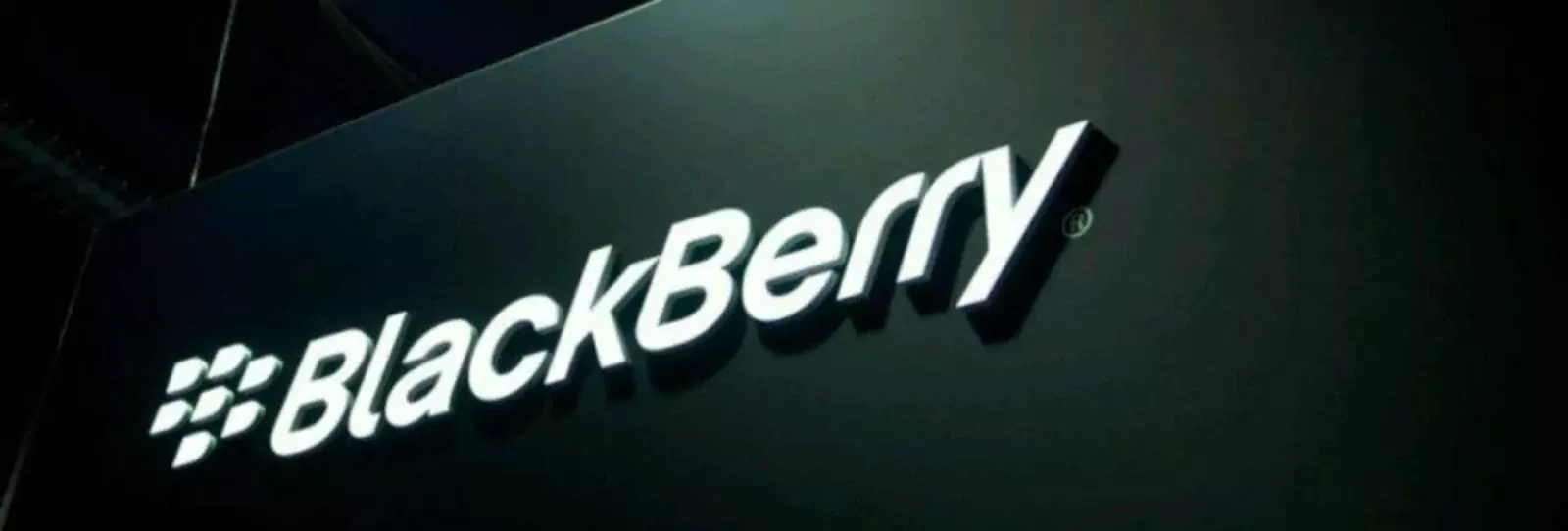BlackBerry announced on Tuesday that quarterly revenue came in at $658m, down from $966m in the year-ago quarter, and a slight decrease from $660m in Q4.  The company managed to generate a $28m profit in the previous quarter, but posted a $28m loss for the first quarter.
The loss is partly down to a fall in sales of the company’s smartphone devices. BlackBerry sold just 1.1 million smartphones during  the three-month period, compared with 1.6 million a year ago.
For the new BlackBerry Leap smartphone,  it is “too early to tell” how the market will respond, Chen said. “Some people really love it and some are not so crazy about it,” Chen conceded.
Meanwhile, the earlier BlackBerry Passport with its touchscreen and physical keyboard has been “selling steady,” he said. “People still buy it…We have to bring the awareness of these devices up.”
BlackBerry’s hardware division is still struggling, but the firm said that software revenue reached $137m in the period, compared with $67m in the fourth quarter. Smartphone revenue dipped to $263m from $379m.
BlackBerry CEO John Chen said:
“I am pleased with the strong performance of our software and technology business. This is key to BlackBerry’s future growth.
“Our financials reflect increased investments in sales and customer support for our software business. In addition, we are taking steps to make the handset business profitable.
“We believe these actions are prudent and necessary to grow the business and we believe the remaining milestones in our strategic plan are achievable.”
BlackBerry also announced that it has entered a patent licensing agreement with Cisco, the terms of which were not disclosed.
Dr Mark Kokes, vice president of intellectual property and licensing at BlackBerry, said:
“Our agreement with Cisco underscores the value companies place on BlackBerry’s broad and foundational patent portfolio.
“With the agreement in place, BlackBerry and Cisco can focus on innovation and continued technical cooperation, allowing our companies more freedom to create leading products and services for customers without the potential for patent disputes.”
Chen ticked off a series of new customers for his company’s latest software products, including BES12 and its EMM. He said many customers are in government or financial sectors and unwilling to disclose their vendor relationships, but he did name Royal Bank of Scotland as a new customer.
“RBS is an important win for [our] mobile management,” including for all BYOD  across iOS, Android and BlackBerry, Chen said.
“RBS chose us for our superior cross-platform security.”
Overall, Chen said, BlackBerry had 2,600 enterprise customer wins in the quarter, and around 40% were new customers who had not already used a previous BES product



